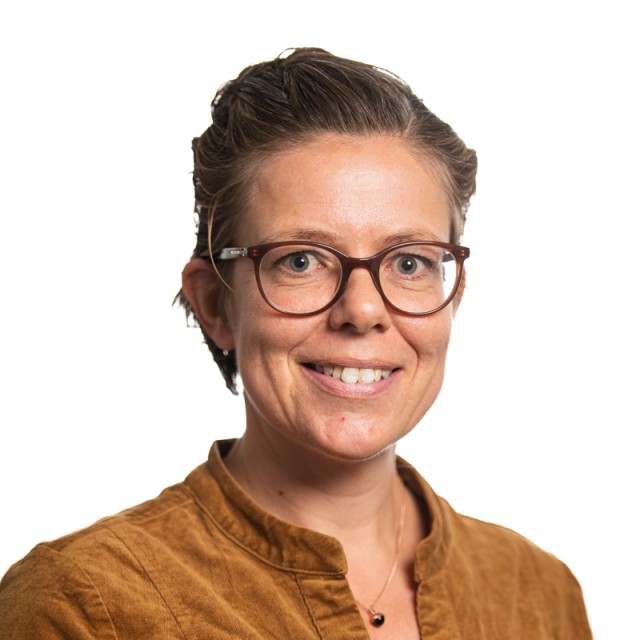Climate justice for more equitable and inclusive societies in Latin America
Latin America, known for its rich cultural diversity and biodiversity, is one of the regions most exposed and vulnerable to the threats of climate change, manifested in intensified extreme weather such as droughts and floods. Lower-income communities are more vulnerable to the negative impact of climate change, which has further exacerbated the inequality and poverty in the region over the past years.
These environmental issues are compounded by persistent violence against environmental defenders, with 86 indigenous leaders in the Amazon region alone being assassinated in 2020. Especially marginalized communities, including indigenous peoples and Afro-descendants, face increased vulnerabilities intensified by climate change, structural inequalities, and threats to their rights.

The project
This project focuses on addressing climate impacts and advocating for marginalized communities in Latin America, emphasizing the urgent need for protection of environmental defenders and systemic change. Operating with various local partners at a regional level, the initiative specifically targets the Dry Corridor in Guatemala, El Salvador, and Honduras, as well as the Amazon region in Bolivia, Peru, Colombia, and Brazil.
A key component of the project involves comprehensive research on "Care and Climate Change," examining the complex impacts of climate change while also considering issues of inequality, gender disparities, and ethnic gaps. This research will serve to inform decision-makers and the broader public, influencing policy debates and ensuring the integration of care and gender agendas in international negotiations.
In addition to knowledge management and research, the project focuses on capacity building and campaign development, empowering activists, defenders, youth, and journalists across the region to effectively advocate for climate action. Through targeted advocacy efforts at national, regional, and global levels, we will empower the voices of marginalized communities in international forums and engage with governments to drive policy changes that promote climate justice and address the urgent needs of communities in Latin America.
Preliminary results
While the specific activities and results of this project vary by country, the common overall outcomes across the region is:
The Global Fund for Loss and Damage actively involves indigenous, peasant, and Afro-descendant communities affected by the impacts of climate change
Development of five specific instruments used to protect environmental rights defenders. These instruments will be promoted at both national and regional levels, with the aim to integrating them into national policies and regulatory frameworks.
Supporting 20 youth activists including indigenous, peasant, and Afro-descendant defenders in bringing their agendas to international decision-making spaces, such as the COPs.
Four governments to implement the Action plan on human rights defenders in environmental matters
Eight decision makers from Latin America make commitments and actions at the national and regional level for the ratification of the Escazú Agreement
Time period and funding: This project runs from 2023 to 2026 and is supported by Sida with 43,000,000 SEK.
Countries: Guatemala, El Salvador, Honduras, Bolivia, Peru, Colombia, Brazil
-
Contact
Pia Dyrhagen
Interim International Programme DirectorInternational ProgrammeE-mail:
